
plenary questions fave 6 x 6 grid Formative assessment, Teaching
Formative assessment occurs throughout a class or course and seeks to improve student achievement of learning objectives through approaches that can support specific student needs (Theal and Franklin, 2010, p. 151). In the classroom, formative assessment centers on practice and is often low-stakes. Students may or may not receive a grade.
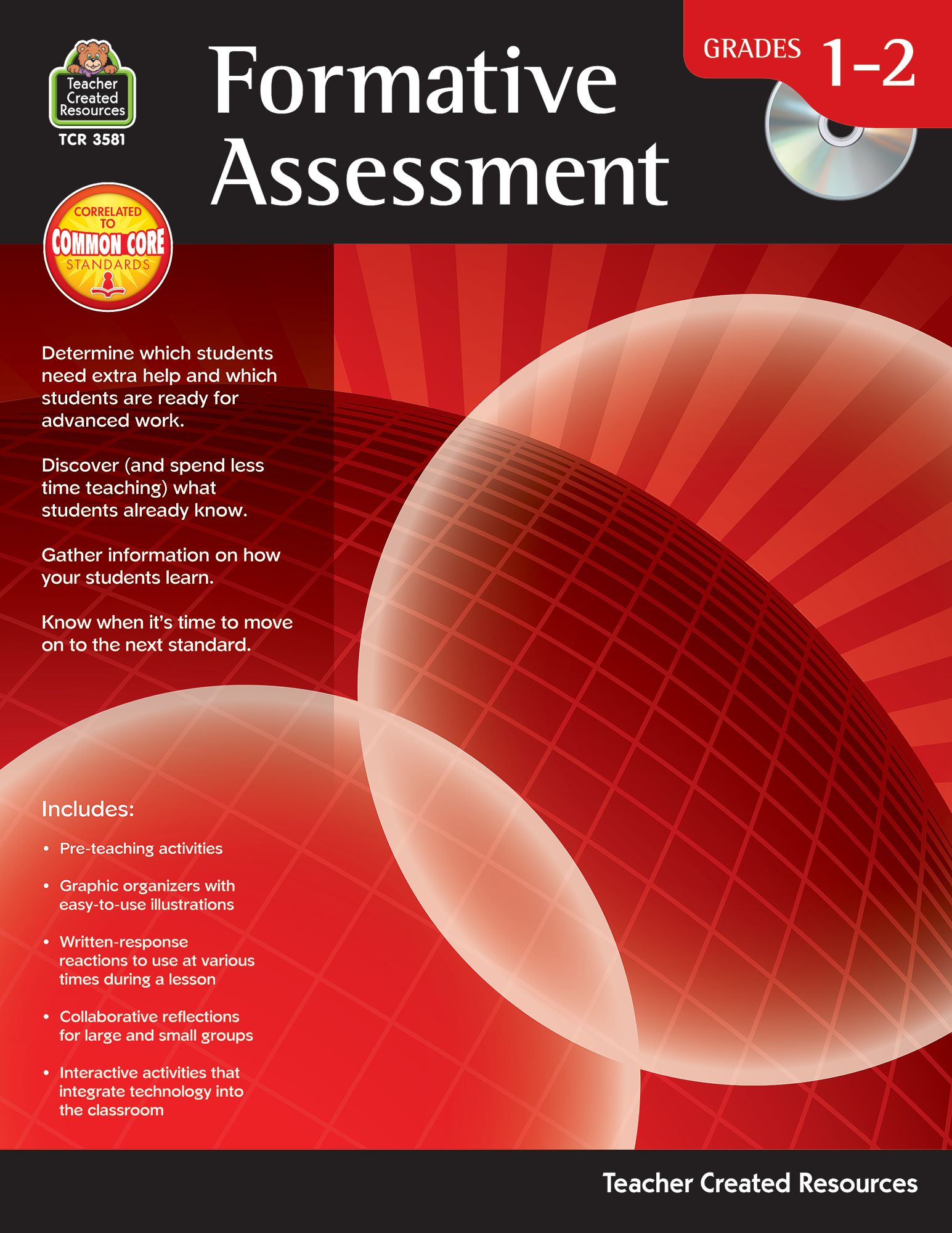
Formative Assessment Grade 1 2 Tcr3581 Teacher Created Resources Free
It normally occurs during a course. Formative assessment can be compared with summative assessment, which evaluates how well something has been learnt in order to give a learner a grade. Example The learners have just finished a project on animals, which had as a language aim better understanding of the use of the present simple to describe habits. The learners now prepare gap-fill exercises.

2 minute assessment grid....great formative assessment tool
10+ Sample IT Risk Assessment Templates. 8+ Employee Assessment Templates. 6+ Impact Assessment Templates. 6+ Network Assessment Templates. 8+ Skills Assessment Templates. 14+ Self Assessment Templates. Formative assessment refers to a large sort of strategy that lecturers use to conduct in-process evaluations of student comprehension, learning.

Formative Assessment in the High School Classroom Formative Assessment
These formative assessment activities differ, but all deliver the same underlying benefits. Students should grow cognizant of their learning needs, styles, strengths and areas of improvement. You should improve your general understanding of student learning, and identify problem areas to address before summative assessments .

Assessment Grid 1st/2nd/3rd Reading & Lang Arts Pinterest
This video shares how you can use the free version of FlipGrid to allow students to reflect on their learning in the classroom. Subscribe to our Channels and.
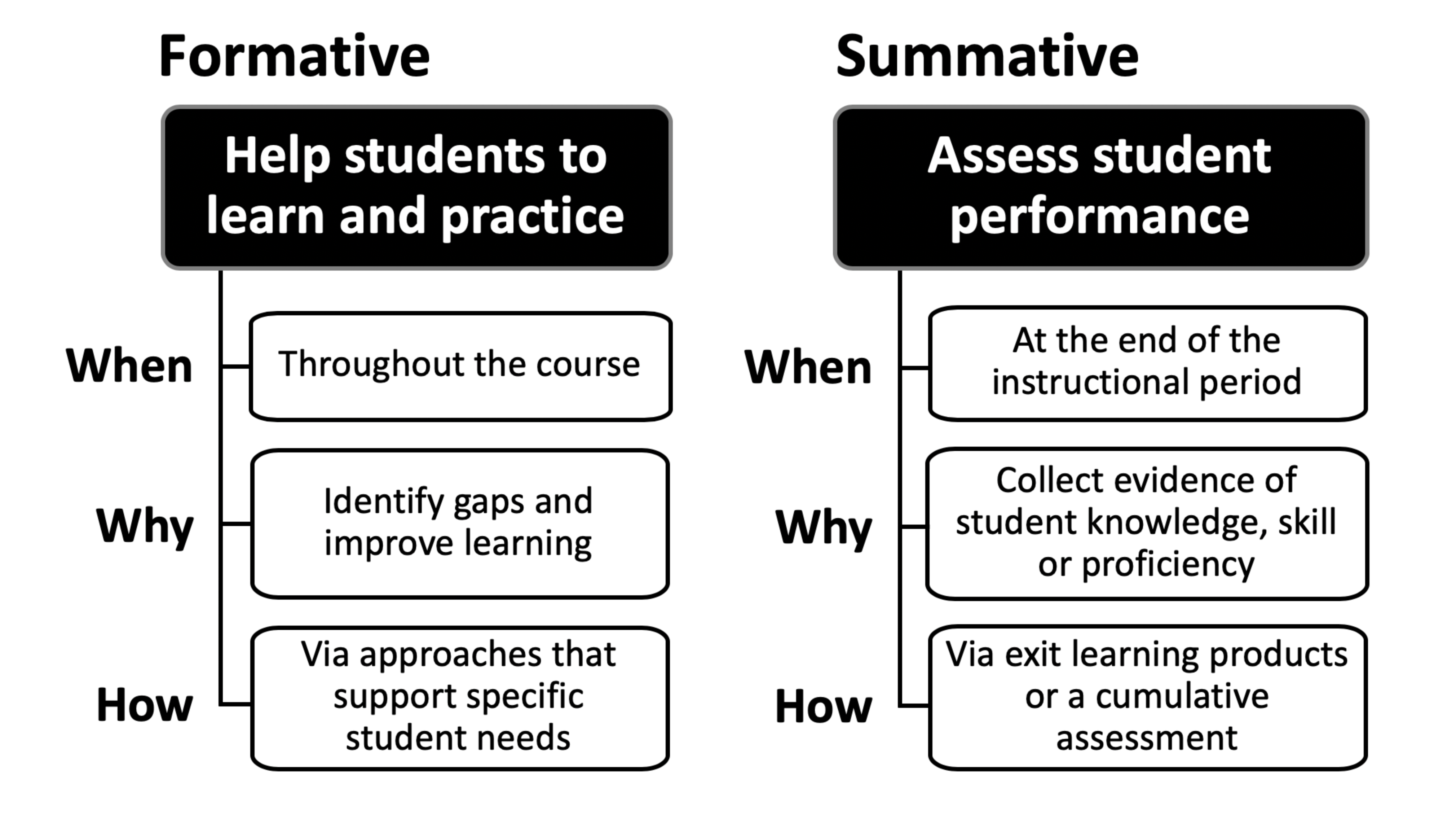
Example For Summative Assessment Year 3 Science Criteria A And D
"Formative assessment is a critical tool for educators looking to unlock in-depth information on student learning in a world of change. Rather than focusing on a specific test, formative assessment focuses on practices teachers undertake during learning that provide information on student progress toward learning outcomes.".

Assessment for Learning Key Principles and Strategies
Structure of the guide. The guide consists of four parts: Part 1: Describing a learning continuum. Part 2: Developing a formative assessment rubric. Part 3: Collecting, interpreting and using evidence to plan for teaching and learning. Part 4: Formative assessment rubrics in practice.

Creating Formative Assessment Rubric from Learning Targets YouTube
Why Use Formative Assessment? Formative assessment with appropriate feedback is . the. most powerful moderator in the enhancement of achievement (Hattie& Temperly, 2007). Formative assessment helps teachers identify the current state of learners' knowledge and skills; make changes in instruction so that students meet with success; create
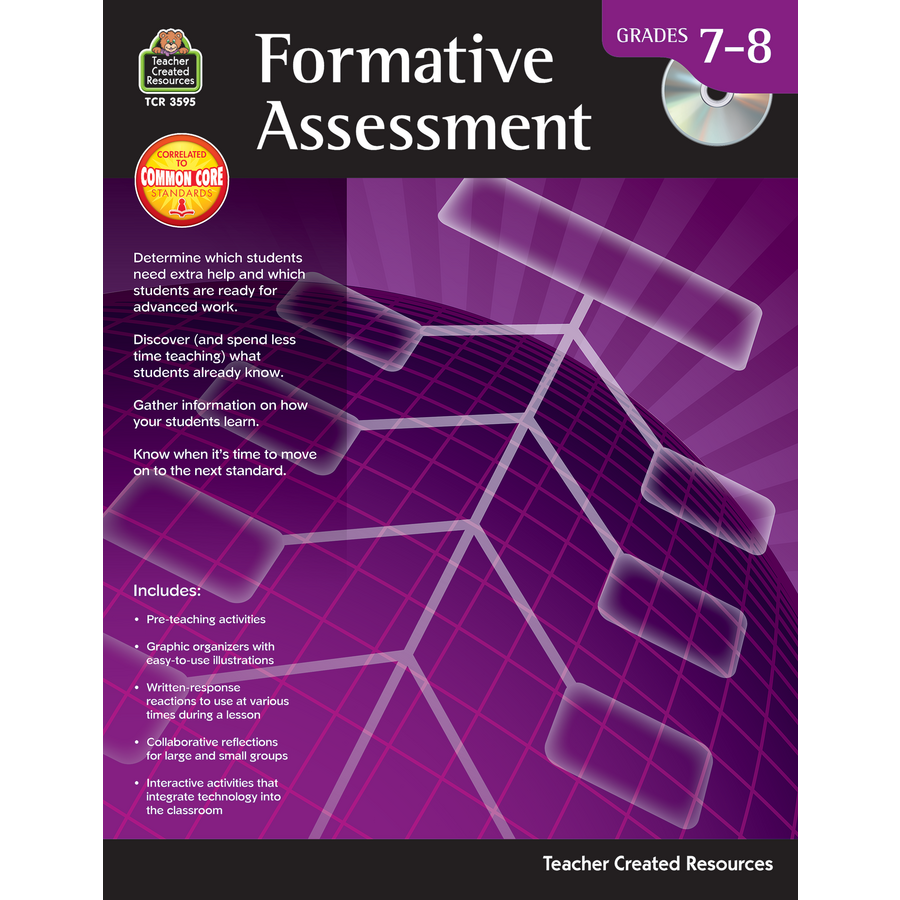
Formative Assessment Grade 78 TCR3595 Teacher Created Resources
the main point of many radio or TV. programmes on current affairs. or. topics of personal or professional. interest when the delivery is. relatively slow and clear. I can understand extended speech and. lectures and follow even complex lines. of argument provided the topic is.
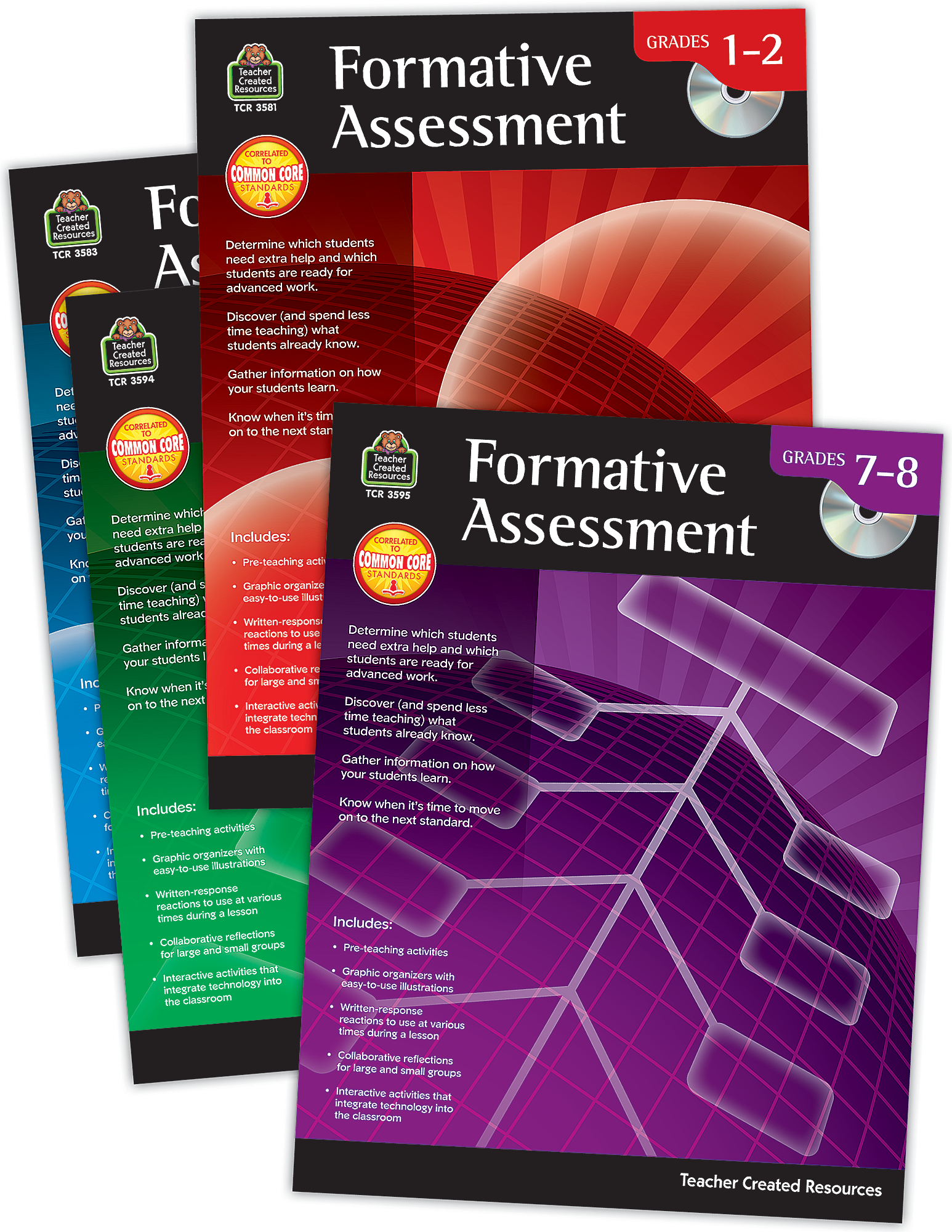
Formative Assessment Set (4 bks) TCR9938 Teacher Created Resources
Formative Assessment Examples. 1. 1-Minute Check In - Check in with every student in the class for one minute throughout the day to see how they are feeling about their tasks.Use the class roll to keep track. 2. 1-Minute Paper - Students get one minute to write a rapid-fire paper on the topic to try to show their depth of knowledge as fast as possible.

Writing Moderation Assessment Grid Reception Year 6 Lesson
3. Dipsticks: So-called alternative formative assessments are meant to be as easy and quick as checking the oil in your car, so they're sometimes referred to as dipsticks. These can be things like asking students to: write a letter explaining a key idea to a friend, draw a sketch to visually represent new knowledge, or.

Assessment grid english by liza mr16 Issuu
1 Formative assessment is not a test, assessment, or quiz given at the end of a learning period, but an ongoing process of collecting evidence of student learning during instruction to inform next steps in teaching and learning while there is still an opportunity to influence learning. Identifying areas of need at the end of a unit may
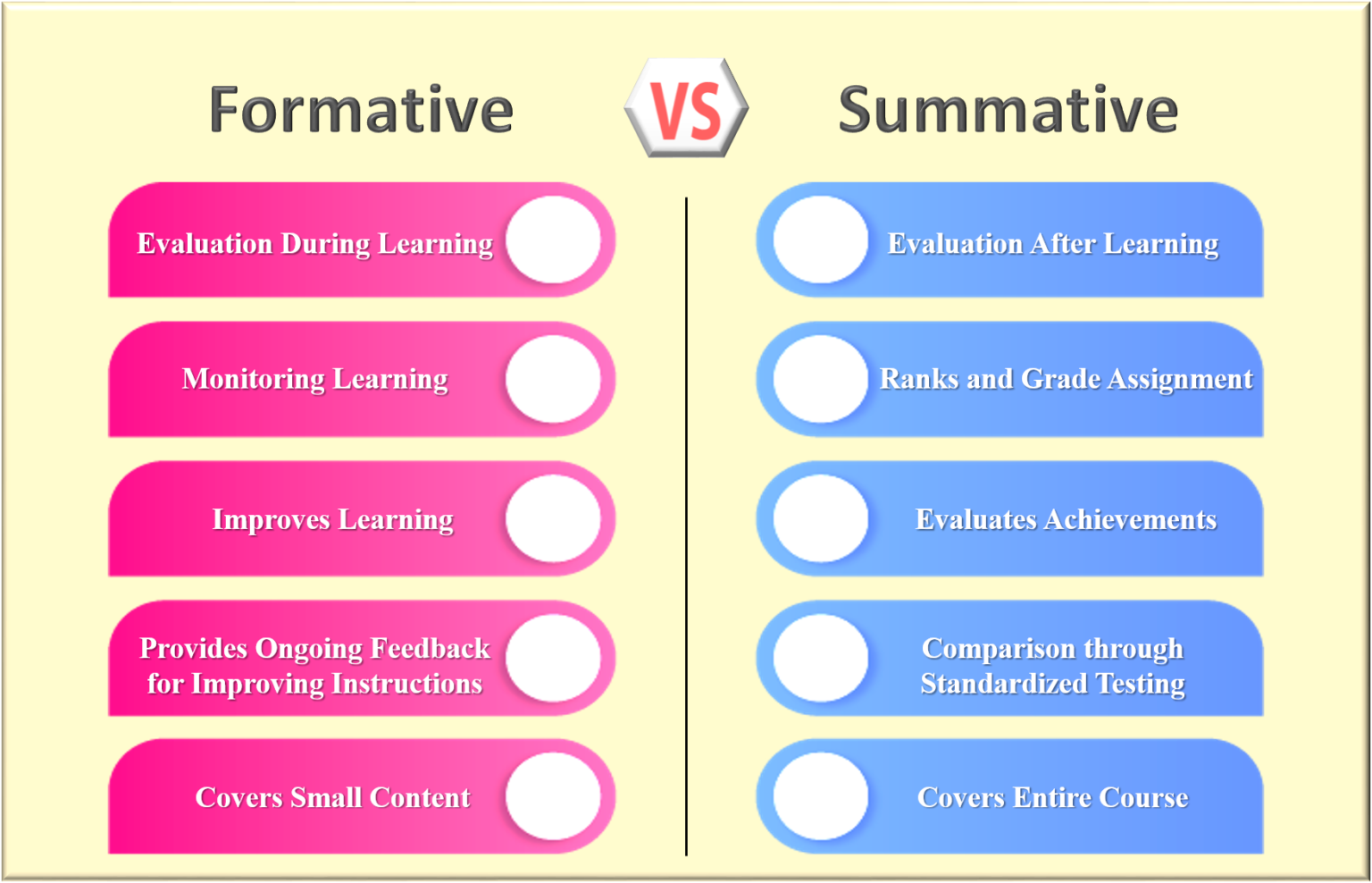
Blog 6 Different Types of Assessment for Learners Omar's Student Blog
A formative assessment or assignment is a tool teachers use to give feedback to students and/or guide their instruction. It is not included in a student grade, nor should it be used to judge a teacher's performance. Both of these would be considered summative assessments.

GCSE Art and Design Assessment grid and feedback sheets Teaching
Formative assessment may take a variety of forms (such as practice quizzes, one-minute papers, clearest/muddiest point exercises, various kinds of group work in the class, etc.), but it provides students with opportunities to practice skills or test knowledge in a "safe" way. It usually consists of low-stakes and/or ungraded (or peer- or.

Formative Assessment Strategies and Tips Mentoring Teachers
Formative assessment is an integral part of teaching young children. Children's development and learning is best supported by starting from the child, and then matching interactions and experiences to meet the child's needs. The observation, assessment and planning (OAP) cycle describes what is frequently called assessment for learning, or.
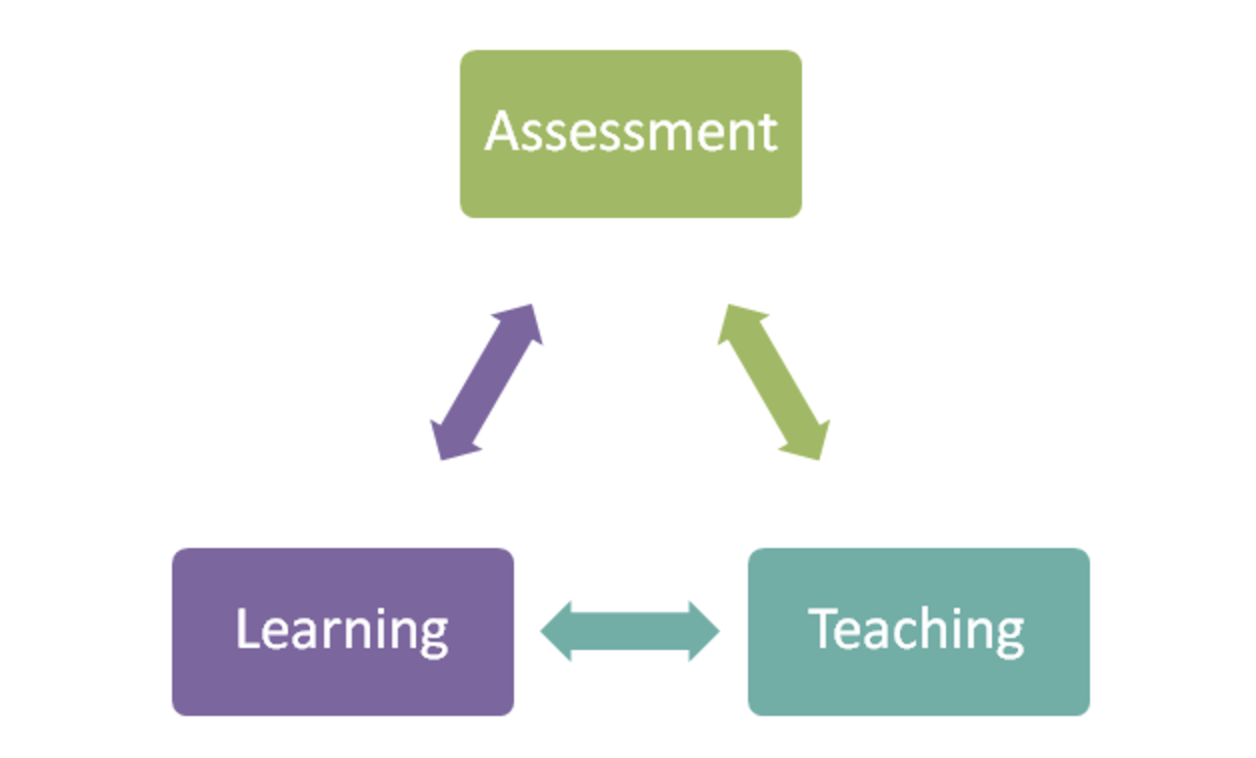
Digital Formative Assessment Tools OER Commons
This involves having explicit definitions of what is required to pass an assessment or, in more sophisticated forms, to gain a specific grade in an assessment. One approach that has been widely used for this is based upon the assessment grid developed at Oxford Brookes University [Price & Rust, 1999, Rust et al, 2000, O'Donovan et al, 2001.
